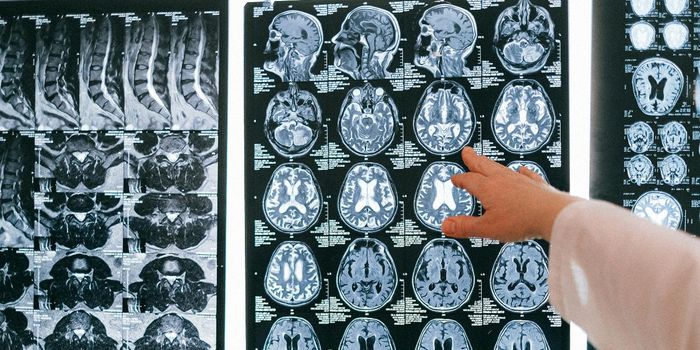Is Learning to Lie a Childhood Milestone?
Parents have all sorts of worries when it comes to bringing up their children. They want the best nutrition, the safest products, and activities and experiences that support learning and development. A new study from scientists at the University of Toronto and their colleagues in China suggests that there is one milestone parents don't want their children to learn, but that could actually benefit them.
Lying is never the result a parent wants from their child, but learning how to lie and understanding the difference between a falsehood and the truth can be a sign that cognition is moving along as it should.
Dr. Kang Lee, a professor at the Ontario Institute for Studies in Education and a co-author on a study on how and why toddlers learn to lie explained, "As parents and teachers – and society as a whole – we always worry that if a kid lies, there will be terrible consequences. But it turns out there is a big difference between kids who lie earlier and those who lie later. The kids who lie earlier tend to have much better cognitive abilities."
So how could a study like this work? Younger children are still learning about their world and relationships around them. There would be ethical problems with a study that encouraged children to lie, so they made a game out of it. The team started with a cohort of 42 pre-school aged children who appeared to have no ability to lie. They asked the children to play a hide and seek game to find out if the children could be untruthful in the guise of playing a trick on an adult.
They split the children into two groups, with an equal number of boys and girls. The average age of the children was 40 months. In the hiding game, the children were told they should try to trick a grown up to keep from losing a treat. The children would hold a gift in a closed hand, and an adult had to guess which hand held the treat. If the adults were not able to figure out which side held the treat, the children got to keep it. One group was instructed, as part of the pretend game, to mislead the adults into choosing the wrong hand. The second group was not given any specific instructions.
When the children took standardized tests that assessed executive function, self-control, impulse control and "theory of mind" the children who were in the group who learned how to trick the adults and keep the treat did better than those who were not coached. The researchers explained in the study, "With just a few days of instruction, young children quickly learned to deceive and gained immediate cognitive benefits from doing so. More generally, these findings support the idea that even seemingly negative human social behaviors may confer cognitive benefits when such behaviors call for goal pursuing, problem-solving, mental state tracking, and perspective taking."
While Professor Lee has been studying the development of lying in children for years, this is the first study that has made a connection between the ability to lie and cognitive performance. Lee was quick to add that the results should in no way be construed as advice to parents to teach their children how to lie. Instead, that pretend games, where deception is part of role-playing, can enhance how children learn. Check out the video below to get the low-down on truth and toddlers.
Sources: University of Toronto, Journal of Experimental Psychology, CBC









